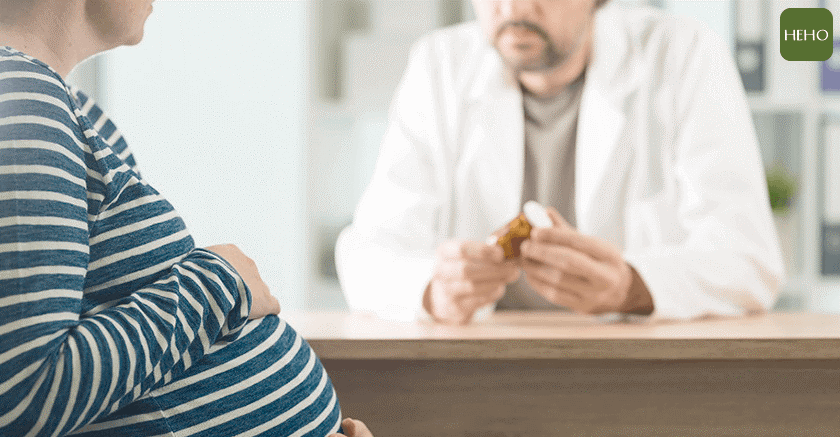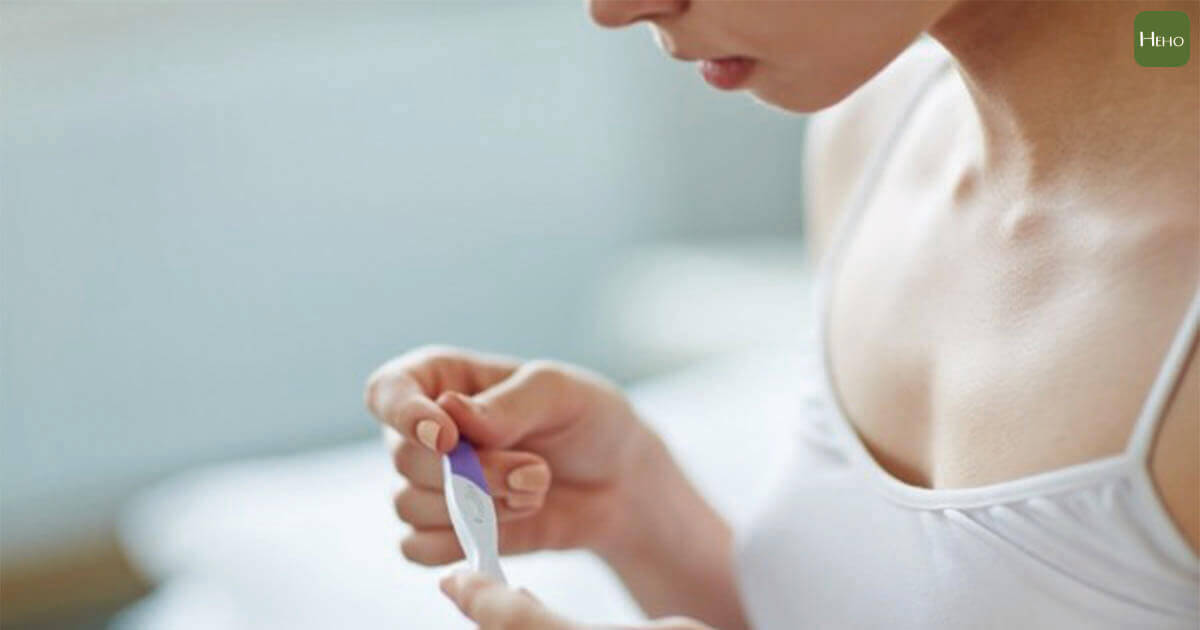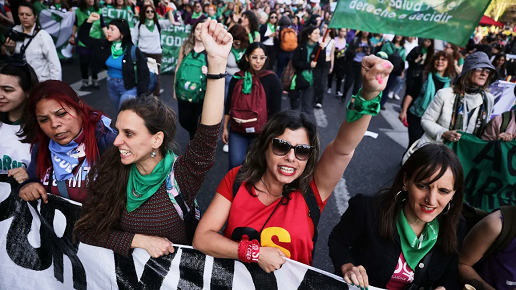With advances in reproductive medicine, many women, especially young breast cancer patients, are now able to fulfill their dream of becoming mothers. For those worried about reproductive damage after chemotherapy, egg freezing is an essential way to preserve fertility. However, many are concerned about whether this might increase the risk of cancer recurrence. Dr. Chen Jinghui, Director of Ho-Hsin Reproductive Center, pointed out that scientific research shows that, as long as the procedure is done at the right time and with the correct medication, fertility preservation does not increase the risk of cancer recurrence. With the trend of younger breast cancer patients and the improvement in cure rates, fertility preservation has become an important issue. (Photo/Provided by Heho Health)
With the trend of younger breast cancer patients and the improvement in cure rates, fertility preservation has become an important issue. (Photo/Provided by Heho Health)
The trend of younger breast cancer patients and the improvement in cure rates have made fertility preservation an urgent issue. Although cancer treatment may affect fertility, studies have shown that egg freezing performed after surgery but before chemotherapy does not delay treatment. Dr. Chen emphasized that timely egg freezing can offer patients the possibility of future pregnancy, with live birth rates comparable to standard IVF procedures, especially when eggs are frozen at age 35, with pregnancy and miscarriage rates consistent with that age group. Additionally, for patients concerned about inheriting cancer genes, modern reproductive technology allows for pre-implantation genetic screening to remove embryos carrying the BRCA gene, ensuring healthier growth for the next generation.
With the younger trend of breast cancer patients and improved cure rates, fertility preservation has become an important issue. Every breast cancer patient has the right to understand the options and risks associated with fertility preservation. According to the latest research, preserving fertility at the appropriate time and using the right medication does not increase the risk of cancer recurrence, leaving more options open for future fertility.







